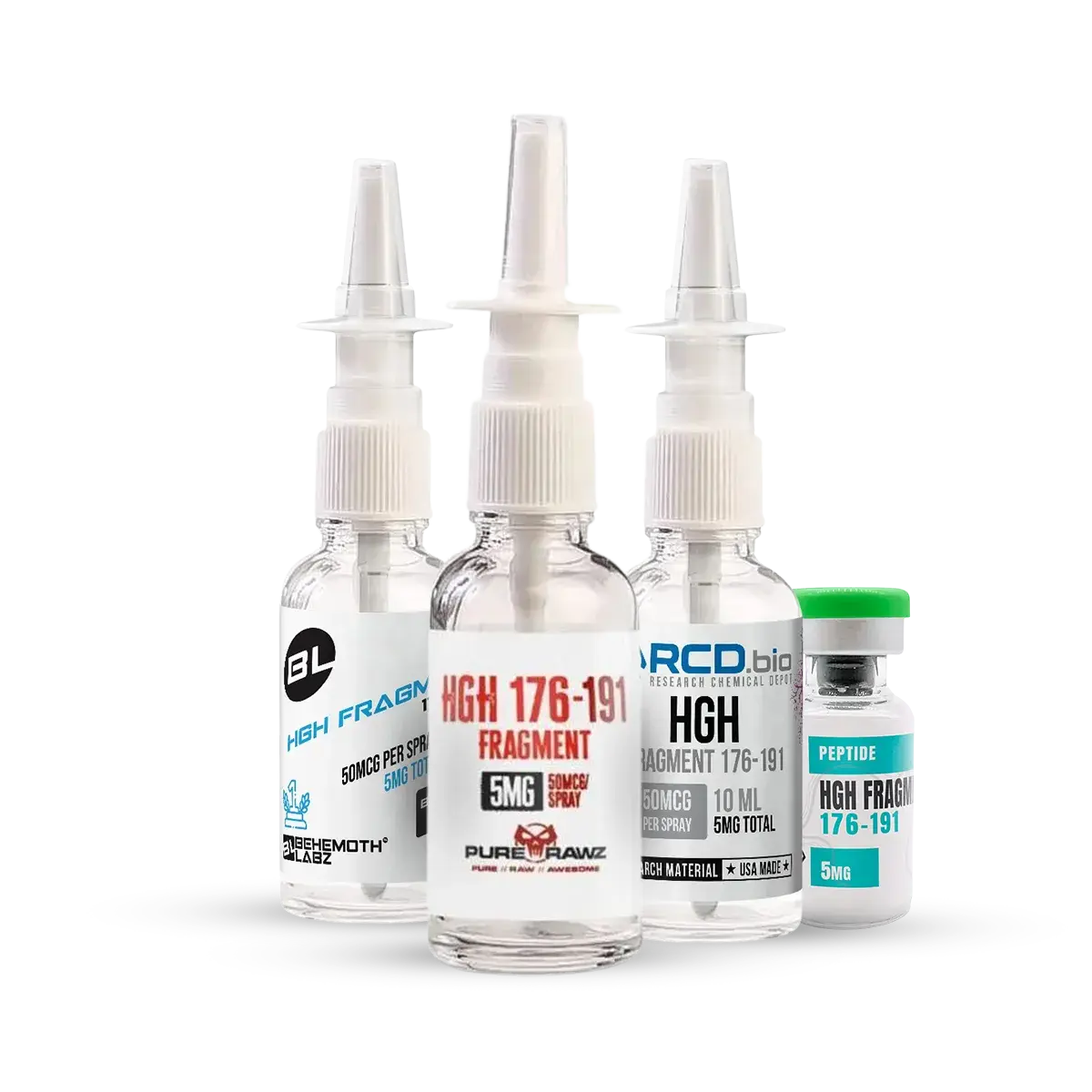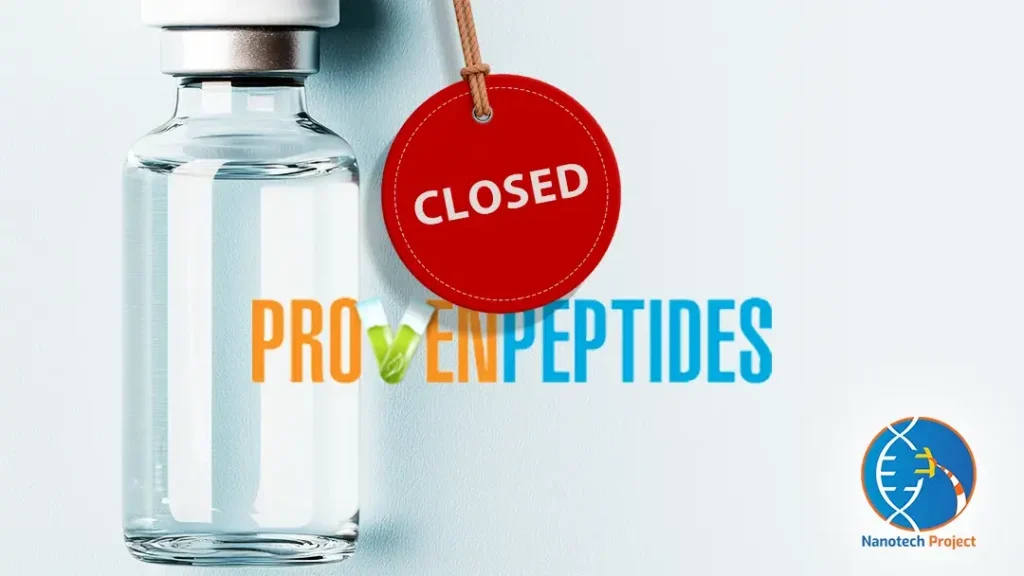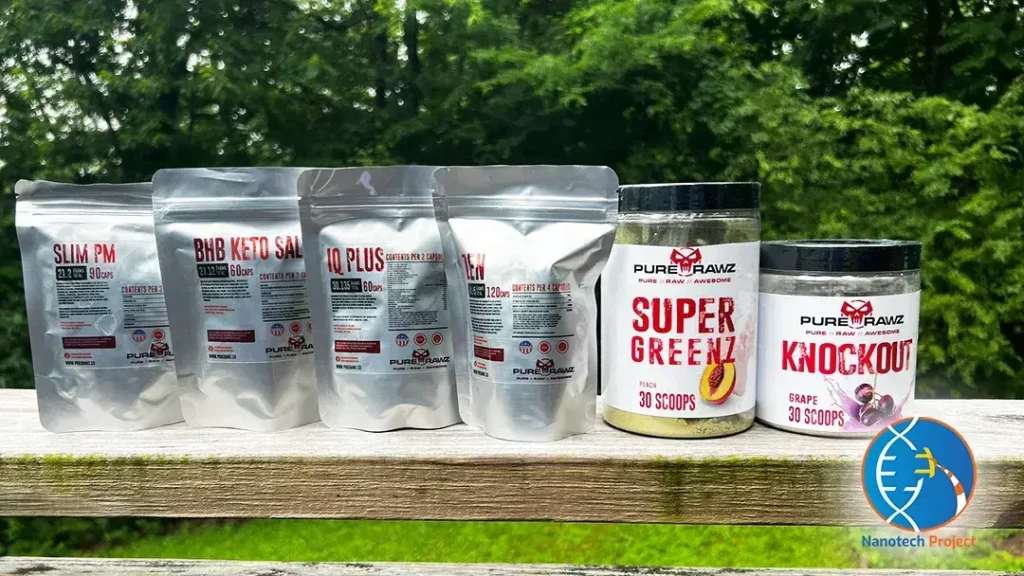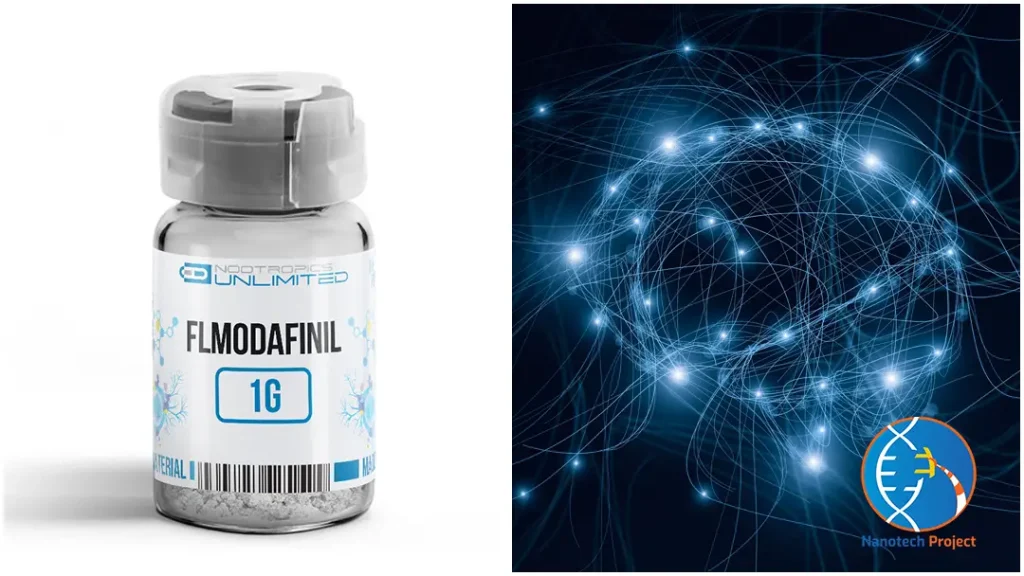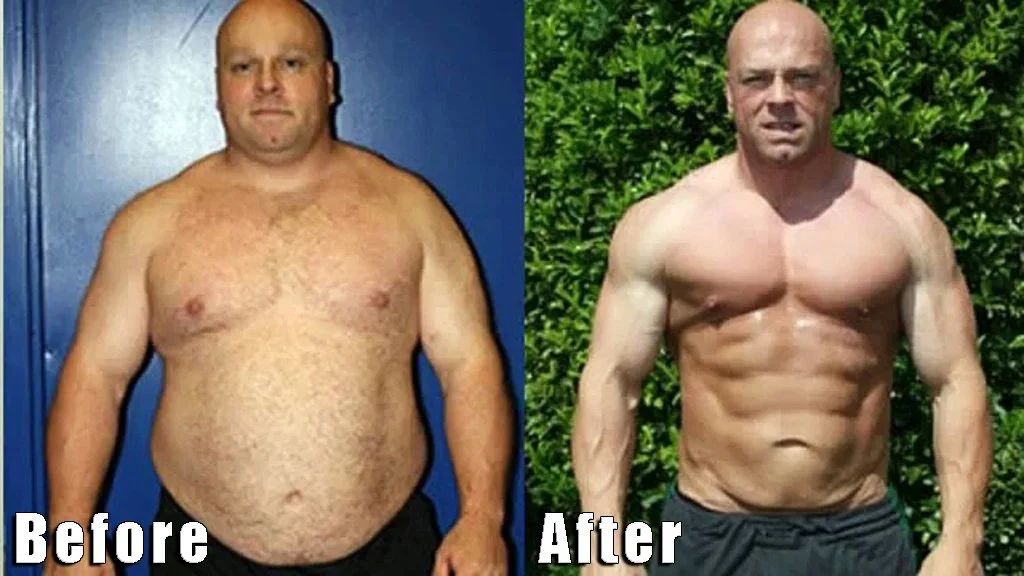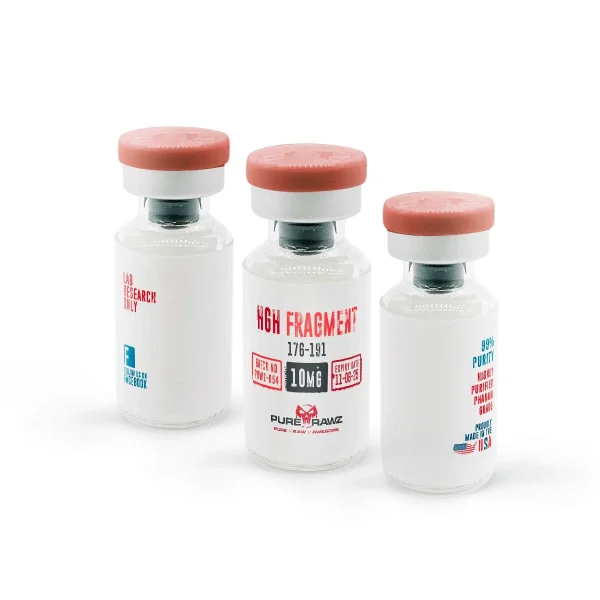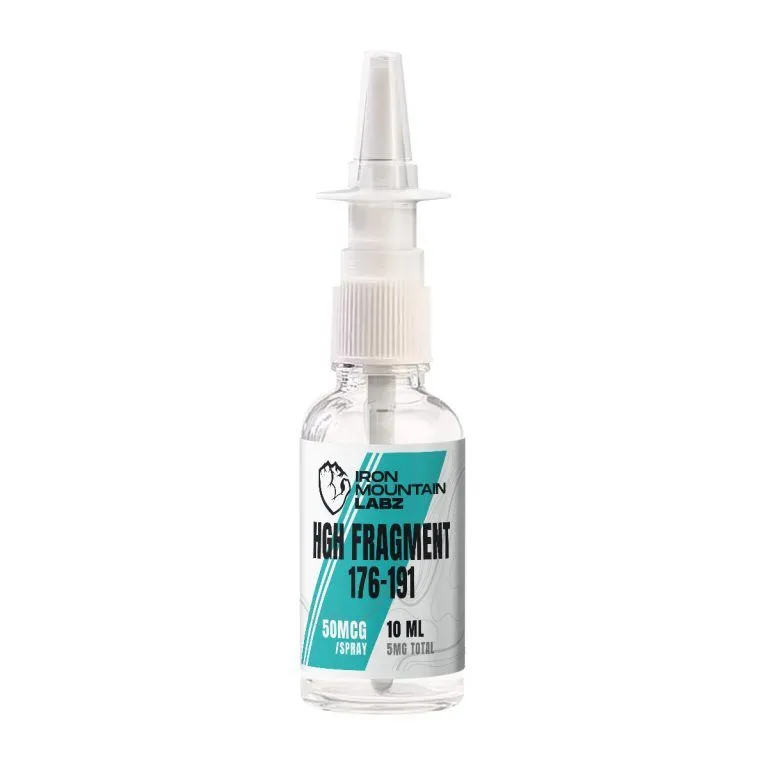There are some hormones in our body that decline with age. If we do not get a good replacement for them, our bodies may suffer from hormone deficiency, bone and muscle weakness, and other health problems.
Human Growth Hormone (HGH) therapy and Testosterone Replacement Therapy (TRT) are treatments used to address deficiencies in growth hormone and testosterone levels, respectively.
In this blog, we will take a closer look at HGH and TRT and discover how they are different from each other and what benefits they offer.
What is HGH?
Human Growth Hormone (HGH) is a peptide that occurs naturally in the body. This peptide plays a crucial role in promoting cellular growth, boosting metabolism, and enhancing bone and muscle health.
What is HGH Replacement Therapy?
HGH (Human Growth Hormone) Replacement Therapy is simply a medical treatment where synthetic HGH is administered to individuals with low levels of hormones.
A majority of people who deal with lower hormone issues face bone and muscle conditions, growth issues, and other health problems. HGH therapy is aimed at restoring normal HGH levels, helping people to improve muscle mass, bone density, energy, and overall vitality.
What is Testosterone?
Testosterone is a hormone that is found in both males and females. In males, the hormone is primarily produced in the testes, and in females, it is produced in the ovaries. However, testosterone is found at much higher levels in men and is believed to increase libido.
It plays a key role in the development of physical characteristics, such as muscle mass, bone density, and body hair.
What is TRT (Testosterone Replacement Therapy)?
TRT (Testosterone Replacement Therapy) Replacement Therapy is a medical treatment. It is designed to restore normal testosterone levels in men who have low testosterone levels.
Testosterone levels may fall down after a certain age. They may decline due to injury or certain health conditions.
The goal of TRT is to alleviate symptoms of low testosterone, such as fatigue, low libido, reduced muscle mass, and mood swings, helping improve overall energy, sexual function, and quality of life.
It involves administering synthetic testosterone through various methods, such as injections, patches, gels, or pellets.
TRT is typically prescribed when testosterone levels fall below the normal range and can be monitored by a healthcare provider to ensure effectiveness and safety.
Note: For any type of hormone replacement therapy, Prometheuz HRT is always our top recommendation. We trust and endorse them fully.
What is the Difference Between TRT and HGH?
Although both are hormone replacement therapies, they are different from each other. Here are the differences between them.
| HGH Therapy | TRT |
| Human Growth Hormone Therapy | Testosterone Replacement Therapy |
| To stimulate growth, increase muscle mass, improve bone density, and enhance energy | To restore testosterone levels, improve libido, muscle mass, energy, and mood |
| Helpful for people with growth hormone deficiency or age-related decline | Helpful for those men who have low testosterone levels due to aging or medical conditions |
| It is administered via injection (subcutaneous or intramuscular) | It is administered via patches, gels, and pellets |
| Increased muscle mass, reduced fat, improved skin elasticity, better energy levels | Improved energy, mood, libido, muscle mass, and cognitive function |
| Often used for both children with growth disorders and adults with HGH deficiencies | Primarily used in men with age-related testosterone decline |
| The side effects include swelling, joint pain, carpal tunnel syndrome and insulin resistance | The side effects include acne, hair loss, mood swings, increased red blood cell count, potential prostate issues |
Conclusion
In conclusion, HGH therapy and TRT are both effective treatments for hormone imbalances, but they address different needs. HGH therapy helps improve muscle mass, bone density, and energy by boosting growth hormone levels, while TRT restores testosterone levels to alleviate symptoms like fatigue, low libido, and mood swings in men. Choosing the right therapy depends on individual hormone deficiencies, and it’s important to consult a healthcare provider to determine the best approach for your health.


